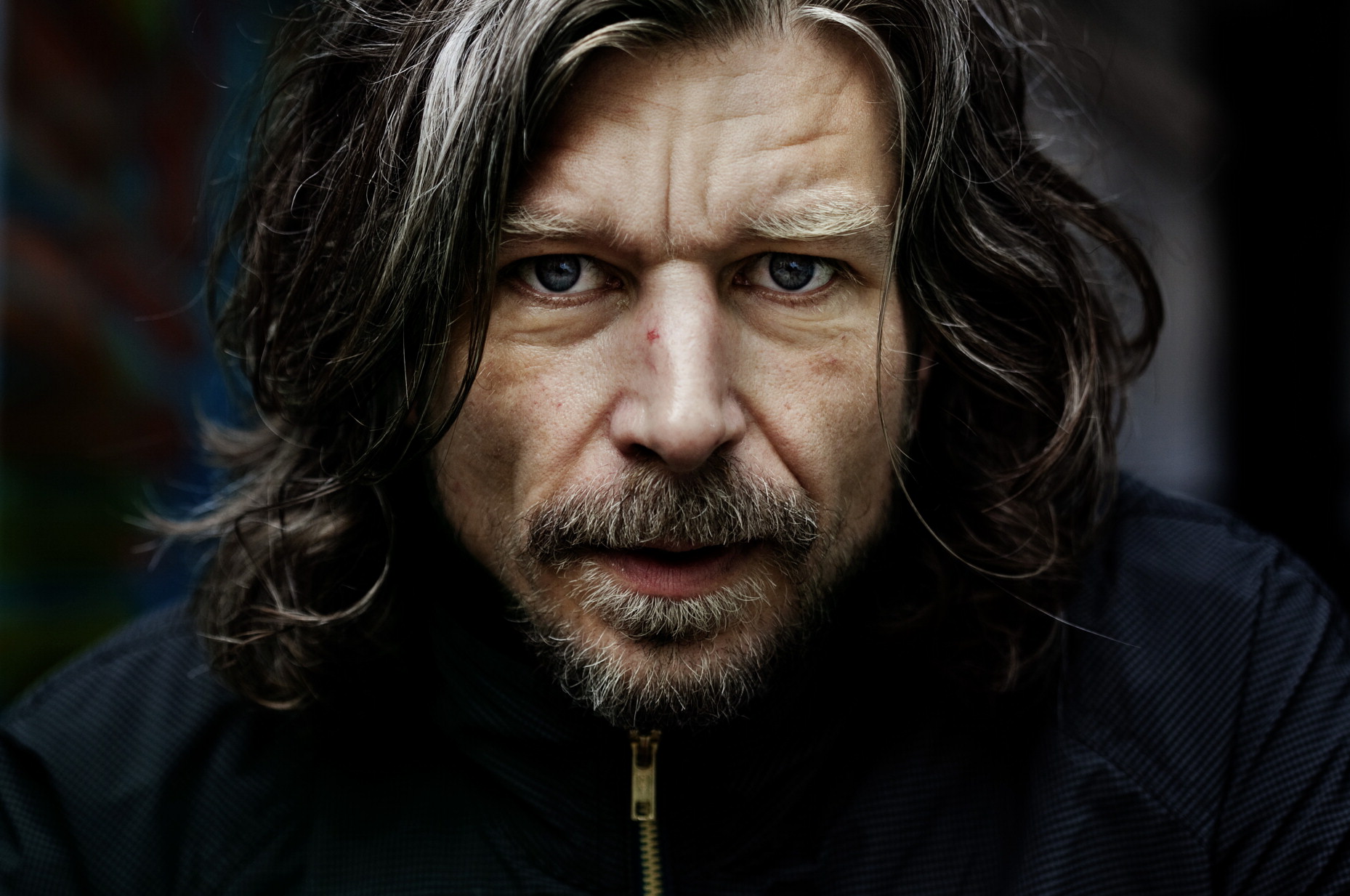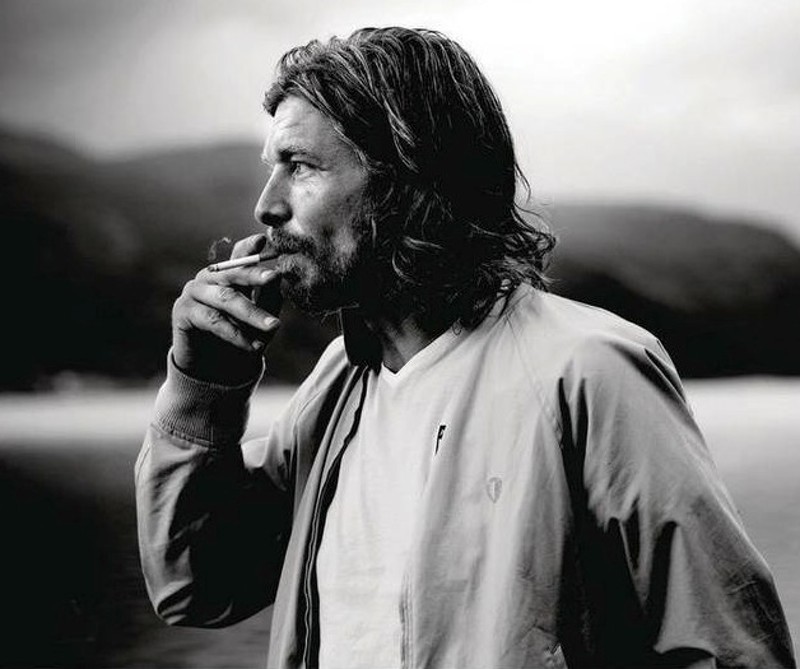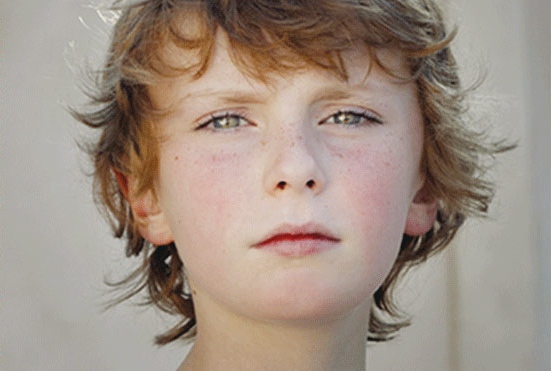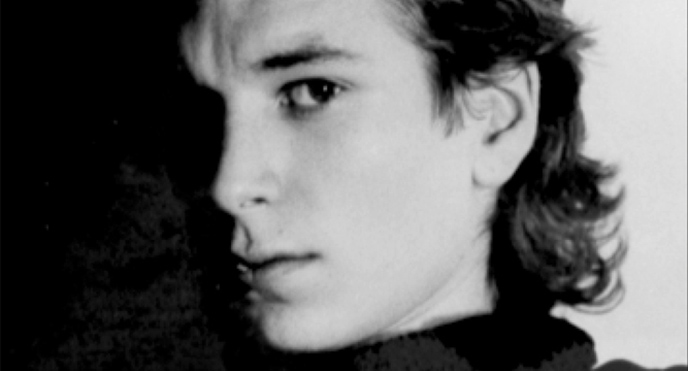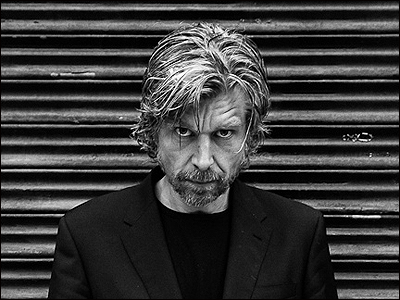My Struggle, vol. 3: Jacob Brogan, August 8 (Guest Post)
Washington, DC
Dear Cecily, Dan, Diana, and Omari,
For all the letters I've written, I don't think I've ever written to any of you—not in the summer anyway, not that I recall. When we were in grad school, you often went away in the summers—to New York, to Paris, to places I can no longer name—but I only remember the times when we were together. And when we were together we sometimes went swimming.
Do you remember the place deep in the woods beyond my house on South Hill? We would cut through Ryan and Megan's yard. Then we would head down and deeper still, dropping into the gorge, walking along paths like the crow's feet we didn't have yet. Sometimes we would bring Presto, but he hated it when we swam—would bark and pace and cry at the water's edge—so we mostly left him at home. Sometimes, instead, the odd professor would tag along, though the strangeness of seeing them strip down to their swim suits (vintage, striped, severe) never went away. What business did they have, we wondered, living in bodies like ours? What business did they have showing us what our bodies would become?
I don't think much about our teachers these days, but I did think about swimming with you—with those of you I know—as I was finally beginning the third volume of Knausgaard's big book last week. There's a bit near the start where Karl Ove's father (did you see glimpses of all our dissertation advisers in him? I'm sure I didn't) tries to take the boy swimming. Karl Ove stands in the water, plunges his hand beneath its surface, freezes—and not because it's cold. "I would never be able to swim across the deep water. Tears were rolling down my cheeks," Knausgaard writes (38).
Maybe it's because I'm not a parent, but I laughed a little at that passage as I transcribed it. Here's a child so afraid of water that he adds to it, so troubled by the depths that he deepens them. And how those depths trouble him! Later, he attributes his grandfather's contempt for crabs to the fact that they creep about in the lower dark. "Crabs might eat dead bodies, since they eat everything that falls to the bottom," the old man thought (41). Karl Ove's father mocks this proposition, pointing out that it's extraordinarily unlikely that this crab in his net supped on some drowned sailor.
But what if it did? What if all these crabs did! What sort of world would that entail? Imagine, the whole ocean floor blanketed with corpses, all these drowned bodies decomposing into so much undersea shag.
I delight in this thought the way I do in the image of the young Karl Ove crying, though I know I should not. People sometimes drowned in the place where we went swimming. I don't think any of us were ever there at the time, but none of us labored under illusions of safety. It was the site of an abandoned dam, mostly intact, thirty feet high, maybe higher. Even when the summers were dry, water poured over the edge, gathering below in a pool deep enough that local teenagers would run off the cliff high above and plummet down into it. Watching from a distance, I wanted to stop them and to be them at one and the same time.
It was calmer on the other side of the dam, the side where we swam. There was an old pump station out in the water, all its machinery long since removed. I would swim out to it, my untrained stroke slow as it was tiring, and then laboriously scramble up the walls, fingers finding awkward purchase in the pockmarked masonry. There were always young people—younger than you, younger than me, younger than our students—sunning themselves on the roof. Sometimes we would acknowledge one another and once in a while we would chat, but inevitably I would turn back to the water before long. Standing there, I would hesitate, I would breathe. I would wave to you, lolling about with our other friends near the shore, probably sucking in my stomach and hoping you saw how cool I looked. And then, whether or not you noticed me, I would dive off the ledge.It wasn't nearly as daring—or as dangerous—as it felt in the moment, but the water there was so dark. Never a strong swimmer, I found the depths of that place literally unfathomable. It must have been as deep as the dam itself—deep enough, to be sure, that none of us could have found the bottom. Sometimes when I was kicking back toward the surface I would feel things moving past me, things I never saw. Let's say they were fish—better fish than the creatures I occasionally glimpsed sluicing through silty rivers in my childhood. Whatever they were, I assume they made their homes far below. I was afraid of those depths in the way Karl Ove is afraid of his father, convinced they contained ugly secrets. But like the teenagers nearby, I trusted them too. If I hadn't, I would never have jumped from the hollowed out pumping station.
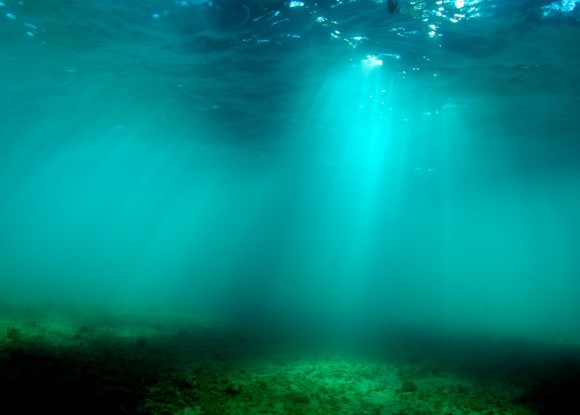
I am in no position to offer a theory of Knausgaard, but let me hazard a hypothesis: He is still frightened by deep water, never having learned to put faith in its embrace. When I first began reading him, I was intimidated. Knowing it was fiction, but imagining that I really was reading an honest autobiography, I was astonished by his seemingly thorough memory. I suppose I had missed those telltale signs that led Dan to describe our protagonist as a sort of failed version of Borges' Funes.
But even if I had caught on, I might have been jealous, having spent most of 2015 in the grip of a seizure condition that stole much of my year from me. I keep discovering experiences and encounters from those days that I cannot recall on my own. Sometimes Catherine will tell me about something we did and I can only stare at her, baffled and eager to learn my own story—like a child, begging his parents for details about their own ancestors. The idea of a memory capacious as Knausgaard's filled me envy and no small amount of dread. Even before I lost that part of my life (the Sunday coffee with Jess, the excursion with Alex and Lucia), my memory had been fragile, and I despair at my ability to make anything of the fragments I maintain.
But Knausgaard's memory is tenuous too. In the opening pages of volume 3, he describes the disconcerting experience of not identifying with the earlier version of yourself that shows up in photos, a feeling I know all too well. "Memory is not a reliable quantity in life," he writes, before adding, "Memory is pragmatic, it is sly and artful, but not in any hostile or malicious way; on the contrary, it does everything it can to keep its host satisfied" (11). I take this to be a thesis statement of sorts, Knausgaard's reminder (what else could it be?) that this book is not a transcription of memories, but an act of memory. That is, it is a consolation for the unwelcoming depths of the past, like stretching out the kelp you sometimes find floating on the ocean's surface, expanding its reach, but making it thinner still in the process.
This is what it comes down to: Unwilling to really trust his past, Knausgaard declines to dive into it. He knows there's more below, but he refuses to search for the bottom. Maybe there are bodies down there. Maybe there's a whole forest of the dead.
I suspect that's why My Struggle feels almost oceanic in its superficiality. Cecily has written of the temporal dilation of that sequence in the first volume where Karl Ove is trying to get his hidden beers to a New Year's party, a sequence and in which nothing of note happens that still takes 100 pages to play out, arguing that in its extremity the sequence self-consciously mocks Knausgaard's literary preoccupations. I'd add that it also captures the project of the book as a whole, revealing an attempt to construct something like a wading pool—enough to get your feet wet on a warm day, but not enough to submerge yourself in on a really hot one. You could lay down in it if you wanted to, but maybe you'd be better off hiking to a real swimming hole.Or maybe it just feels that way. Diana makes this easier for me to admit: I could not dive into Knausgaard. I floated for a bit, but only in place. That's all to say, I've read a little, but only a little: Maybe three hundred pages across three volumes. I leapt into the water at the dam because its depth frightened me; I am frightened by Knausgaard because he is stridently shallow.
If I've been thinking of grad school as I prepared to admit this, it's not just because I am writing to you. It must also be because my final years in Ithaca were the last time I read as little I have in the weeks since I began grappling with Knausgaard, committed to finishing him, but unwilling to take the books up. My hesitation then is still a mystery to me. I was in Ithaca to read; it was my job to read; and yet I hardly ever read. These days it is my job to write, and I am happier than I was then, mostly because I read all the time.
Shall I enumerate the things I have done instead of reading Knausgaard—the things I have done while trying to read Knausgaard? One day I traveled to Rehoboth with Catherine and Rachel and Sarah and Brian and Erin and Bill. The sand burned our feet and the shop had no umbrellas left to rent by the time we arrived. We swam a little, but it was different than when I swam with you. Mostly we sat on our towels, paged through magazines, watched a pod of dolphins bob in the outer surf. Back in Washington, books were piling up on my desk, aching to be opened.
I have, of course, been reading—reading your letters most of all. I've reveled in your respective frustrations with Knausgaard, and in your moments of admiration as well, slowly realizing that ambivalence is both a privilege and a reward. In this summer of necessarily firm choices, there's something gratifying about temporarily languishing in the company of a character like Karl Ove, one who makes us question why we're reading him in the first place, even if he tries our patience in the process.
If you'll forgive me, I'll sign off here. I won't be reading any more Knausgaard, not for now, anyway. But I will be reading other words. And I'll be swimming in yours, swimming for as long as you keep writing.
With love,
Jacob
ALSO IN THIS SERIES:
The Slow Burn, v.2: An Introduction
My Struggle, vol. 1: Cecily, June 6
My Struggle, vol. 1: Diana, June 9
My Struggle, vol. 1: Omari, June 14
My Struggle, vol. 1: Dan, June 17
My Struggle, vol. 2: Omari, June 24
My Struggle, vol. 2: Cecily, July 1
My Struggle, vol. 2: Sarah Chihaya, July 5
My Struggle, vol. 2: Dan, July 12
My Struggle, vol. 2: Diana, July 16
My Struggle, vol. 2: Jess Arndt, July 18
My Struggle, vol. 3: Omari, July 25
My Struggle, vol. 3: Ari M. Brostoff, August 1
My Struggle, vol. 3: Dan, August 4
My Struggle, vol. 3: Jacob Brogan, August 8
My Struggle, vol. 3: Diana, August 12
My Struggle, vol. 4: Katherine Hill, August 25
My Struggle, vol. 4: Omari, September 1
My Struggle, vol. 4: Dan, September 2
My Struggle, vol. 4: Diana, September 15
My Struggle, vol. 5: Omari, September 27
My Struggle, vol. 5: Diana, October 3
My Struggle, vol. 5: Dan, October 13

